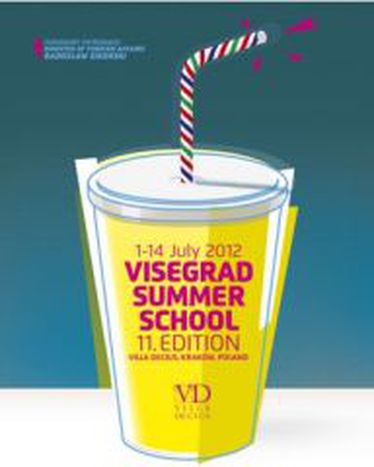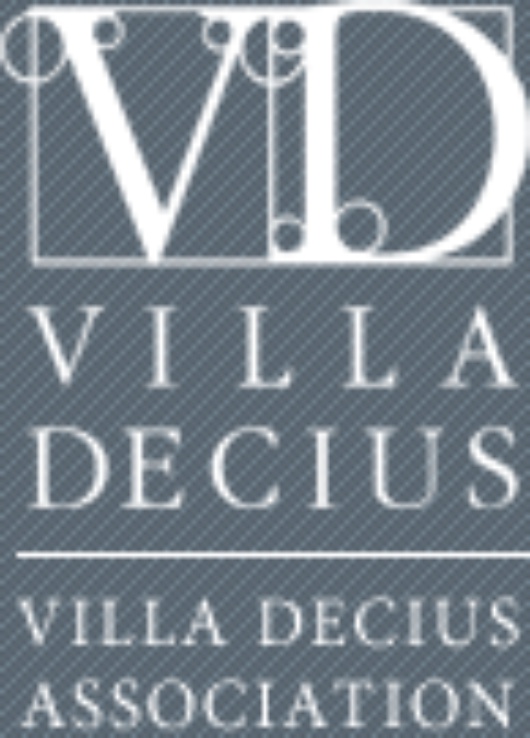
Visegrad Summer School welcomes its eleventh edition from 1- 14 July 2012
Published on
 This year marks the eleventh edition of the Visegrad Summer School, which takes place in the historically renowned setting of the Villa Decius Association, Krakow, during the first two weeks of July. This occasion has become one of the chief celebrations of enhanced cooperation within the V4 group and its adjoining nations. Since the first staging of the event in 2001, the Visegrad Summer School has continued to evolve and improve; this year will certainly be no different.
This year marks the eleventh edition of the Visegrad Summer School, which takes place in the historically renowned setting of the Villa Decius Association, Krakow, during the first two weeks of July. This occasion has become one of the chief celebrations of enhanced cooperation within the V4 group and its adjoining nations. Since the first staging of the event in 2001, the Visegrad Summer School has continued to evolve and improve; this year will certainly be no different.
This year sees nearly fifty participants from twelve countries, eager to continue in the tradition of those gone before them.
Andras from Hungary a former participant:
I remember VSS as a great place to meet people with similar or different lifestyles. That was the time when I grew used to the fact that Central European countries have so many in common and the common roots have been buried in language and political differences.
Zurab a participant this year from Georgia states:
I look forward to participating in the summer school. It is a new opportunity to meet interesting people, deepen my knowledge, improve my skills and gain unique experiences.
Role of ExpertsAnother major facet of the Summer School is the involvement of distinguished experts. Since the first edition of the VSS, many esteemed connoisseurs have lent their expertise to making the event a tremendous occasion annually with Grigorij Mesežnikov, Jiří Dienstbier, Martin Butora, Magdalena Vášáryová, László Rajk, Andras Lánczi, Géza Jeszenszky, Csaba Gy. Kiss, Danuta Hübner and Adam Michnik but to name a few.
Some of the principle contributors this year include; Jan Lityński current advisor for the Polish President, former Ukrainian Foreign Minister Borys Tarasyuk and Martin Ehl, head of the foreign desk of Hospodářské novinys. While the experts play a critical role in the composition of the event, the range of discussions, seminars and workshops offered to participants are equally noteworthy.
Programme ActivitiesThis year the primary workshops offered include: Political identity in Central and Eastern Europe, Public presentations and Post-industrial city space in Central Europe (photo-workshop). Aside from the workshops on offer, the Visegrad Summer School will also hold many informative discussions and seminars that will aid the participants in their understanding of the CEE region, particularly in terms of cultural and social changes, corruption, and the influence of art in contemporary European society. Another feature of the event is the study trips to the Krakow and Malopolska Region, which offer a unique perspective into the region and are definitely worth sampling.
Further information can be found at: http://visegradsummerschool.org/


